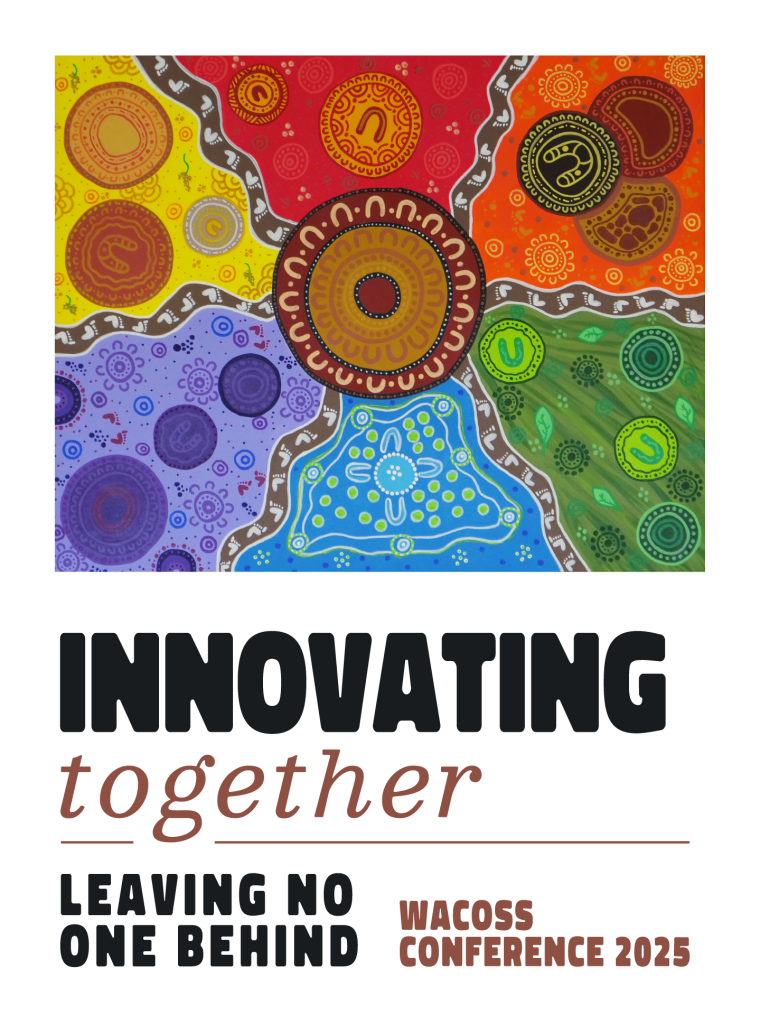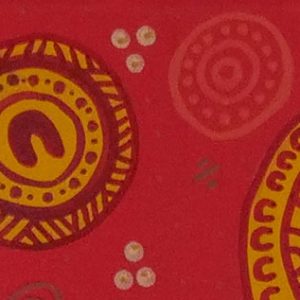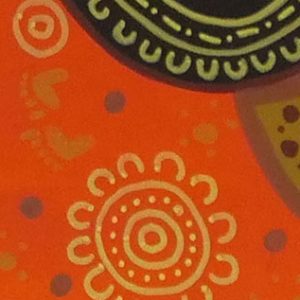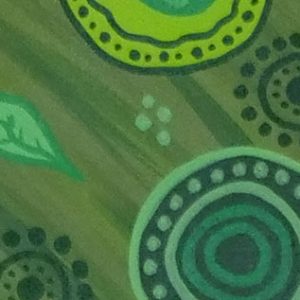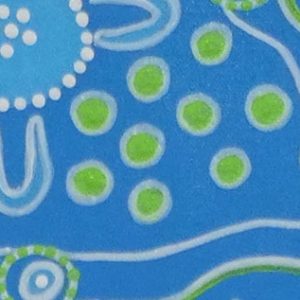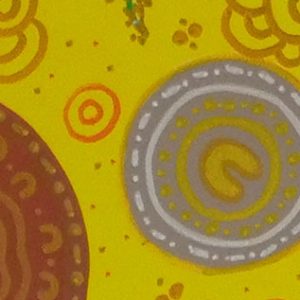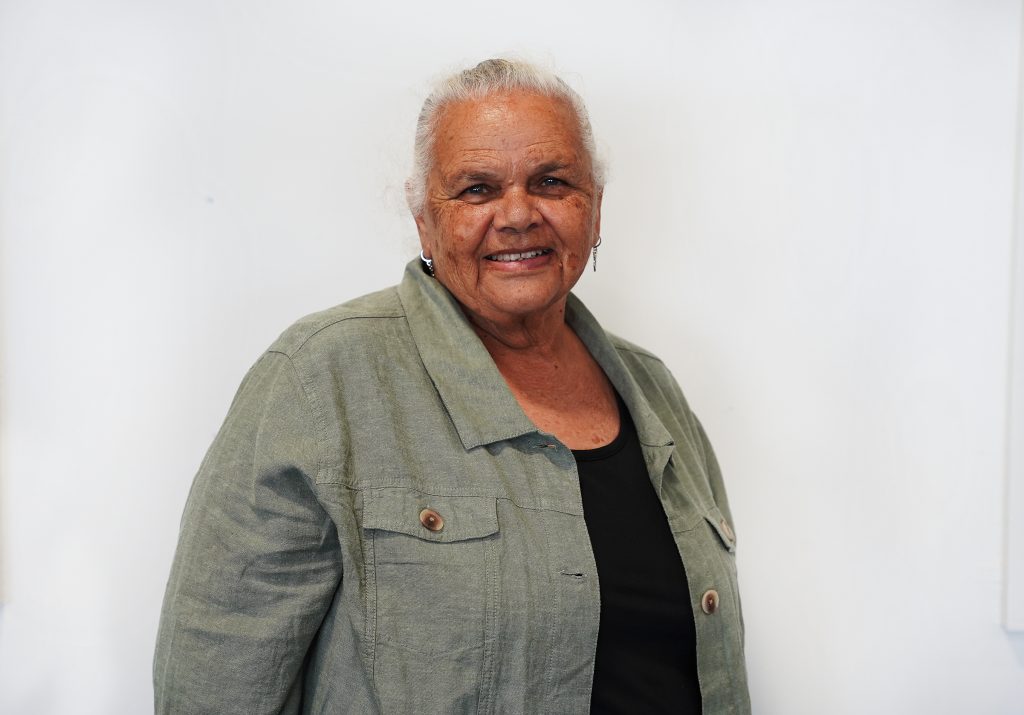Ngala kaaditj Noongar Wadjuk moort keyen kaadak nidja boodja – in the spirit of deepening relationship, we acknowledge Wadjuk Noongar people as the original custodians of the land our office is located. We acknowledge the Traditional Owners of Country throughout Western Australia and recognise their continuing connection to land, waters and community. We pay our respects to them and their cultures, and to Elders both past and present.
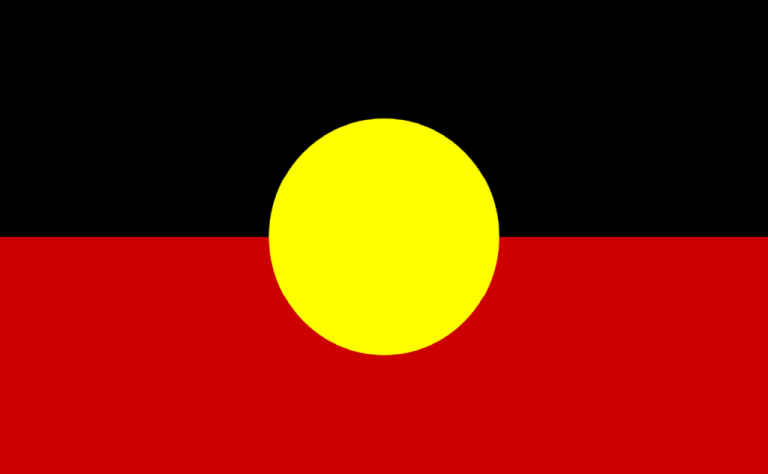
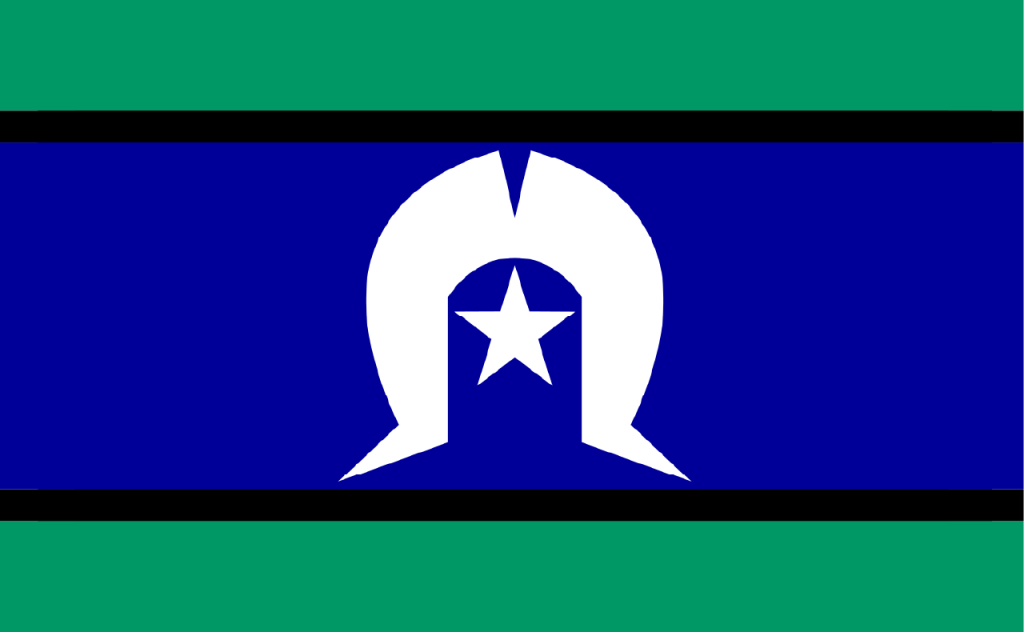


designed by DropIN Solutions

